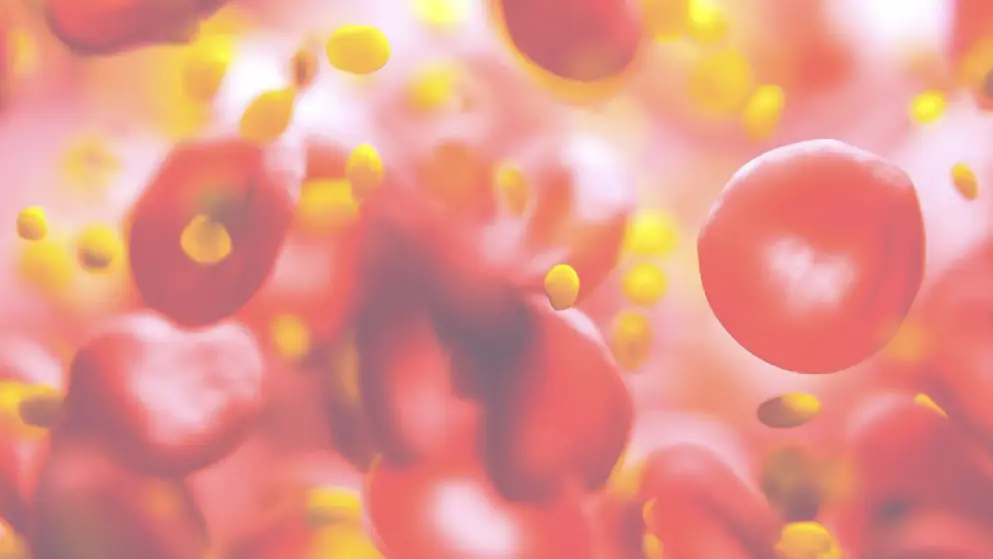
News
EMA approves Nilemdo for primary hypercholesterolaemia (heterozygous familial and non-familial) or mixed dyslipidaemia.- Daiichi Sankyo + Esperion
Esperion announced that the European Commission approved the Nilemdo (bempedoic acid) tablet, an oral, once-daily, non-statin LDL-cholesterol (LDL-C) lowering medicine. Nilemdo is a first-in-class ATP Citrate Lyase (ACL) inhibitor that lowers LDL-C by inhibition of cholesterol synthesis in the liver. The European Commission approved Nilemdo for use in adults with primary hypercholesterolaemia (heterozygous familial and non-familial) or mixed dyslipidaemia, as an adjunct to diet: in combination with a statin or statin with other lipid-lowering therapies in patients unable to reach LDL-C goals with the maximum tolerated dose of a statin, or alone or in combination with other lipid-lowering therapies in patients who are statin-intolerant, or for whom a statin is contraindicated.
“Millions of patients across the European Economic Area have needed a new daily, non-statin pill to help them achieve their LDL-C goals,” said Tim M. Mayleben, president and chief executive officer of Esperion. “For those who require additional non-statin lowering of their bad cholesterol, Nilemdo will fit easily into their daily routines whether that is with their statin or without because they are statin intolerant. Esperion is committed to finding new ways to affordably manage lipids and won’t stop until everyone can achieve their goals.”
The European Society of Cardiology and European Atherosclerosis Society recommend intensively lowering LDL-C to reduce cardiovascular risk. Even today, up to 80% of patients do not reach recommended LDL-C goals despite receiving treatments such as statins, and are at increased risk of a heart attack or stroke. Nilemdo provides patients and their physicians an important new oral, once-daily non-statin option..
“Nilemdo finally provides a preferred daily pill that easily fits into the routines of those struggling with high levels of bad cholesterol, which includes patients that are statin intolerant,” said Professor Kausik K. Ray, MBChB, MD, MPhil, FRCP, Professor of Public Health at the School of Public Health, Imperial College London and a Consultant Cardiologist and member of the Phase III steering committee for Esperion. “Nilemdo is a first-in-class medicine and an oral alternative that we have not had in nearly two decades.
The approval of Nilemdo is supported by a global pivotal Phase III LDL-C lowering program conducted in more than 3,600 patients. Nilemdo provides additional LDL-C lowering of up to 28 percent compared to placebo when added onto other lipid-lowering therapies. Results from the Phase III development program have been published in The New England Journal of Medicine, The Journal of the American Medical Association, The Journal of the American Heart Association and Atherosclerosis.
The benefit with Nilemdo is its ability to reduce levels of LDL-C in patients with hypercholesterolaemia or mixed dyslipidaemia when administered alone and in combination with other lipid-modifying medicinal products. Nilemdo also reduced non-high-density lipoprotein cholesterol (non-HDL-C), apolipoprotein B (apo B) and total cholesterol (TC). Notably, the pharmacology section of the Nilemdo label highlights that among the subset of patients with diabetes (n=1,134), lower levels of hemoglobin A1c (HbA1c) were observed as compared to placebo (on average 0.2%)..
Nilemdo was generally well-tolerated in clinical studies. The most commonly reported adverse reactions with Nil emdo during pivotal trials were hyperuricaemia, pain in extremity and anaemia. The majority of adverse reactions reported with Nilemdo were mild to moderate in severity and balanced in occurrence with adverse events in patients receiving placebo. More patients on Nilemdo compared to placebo discontinued treatment due to muscle spasms, diarrhea, pain in extremity and nausea, although differences between Nilemdo and placebo were not significant.
Daiichi Sankyo Europe has licensed exclusive commercialization rights to Nilemdo and Nustendi (bempedoic acid and ezetimibe) tablet in the European Economic Area and Switzerland from Esperion.
Condition: Dyslipidaemia
Type: drug

